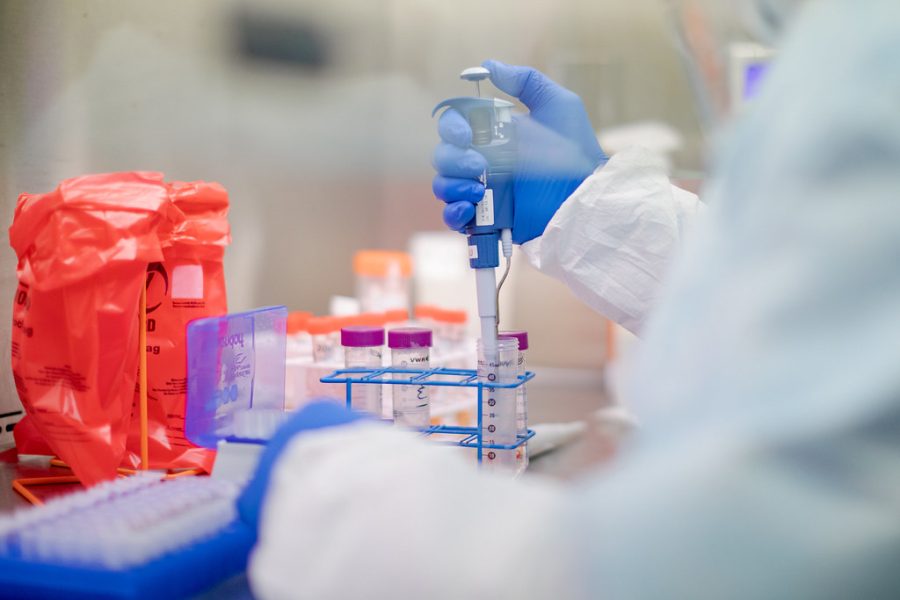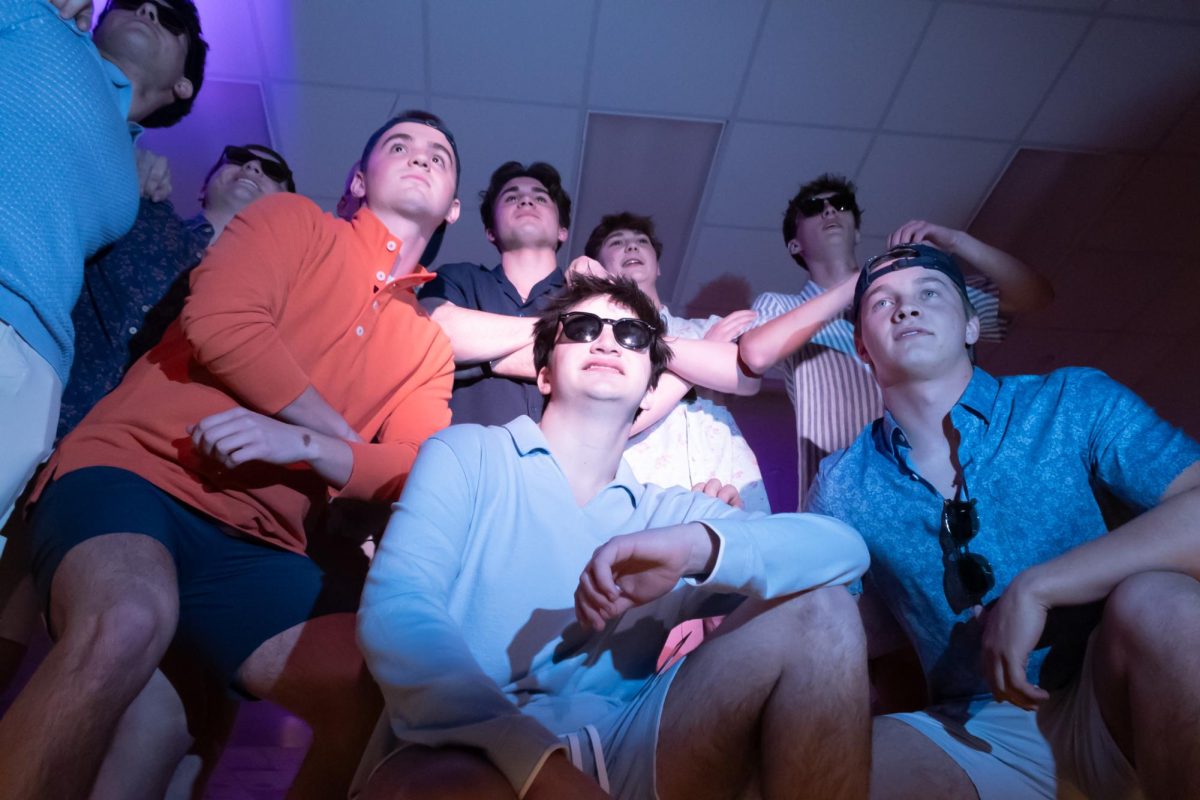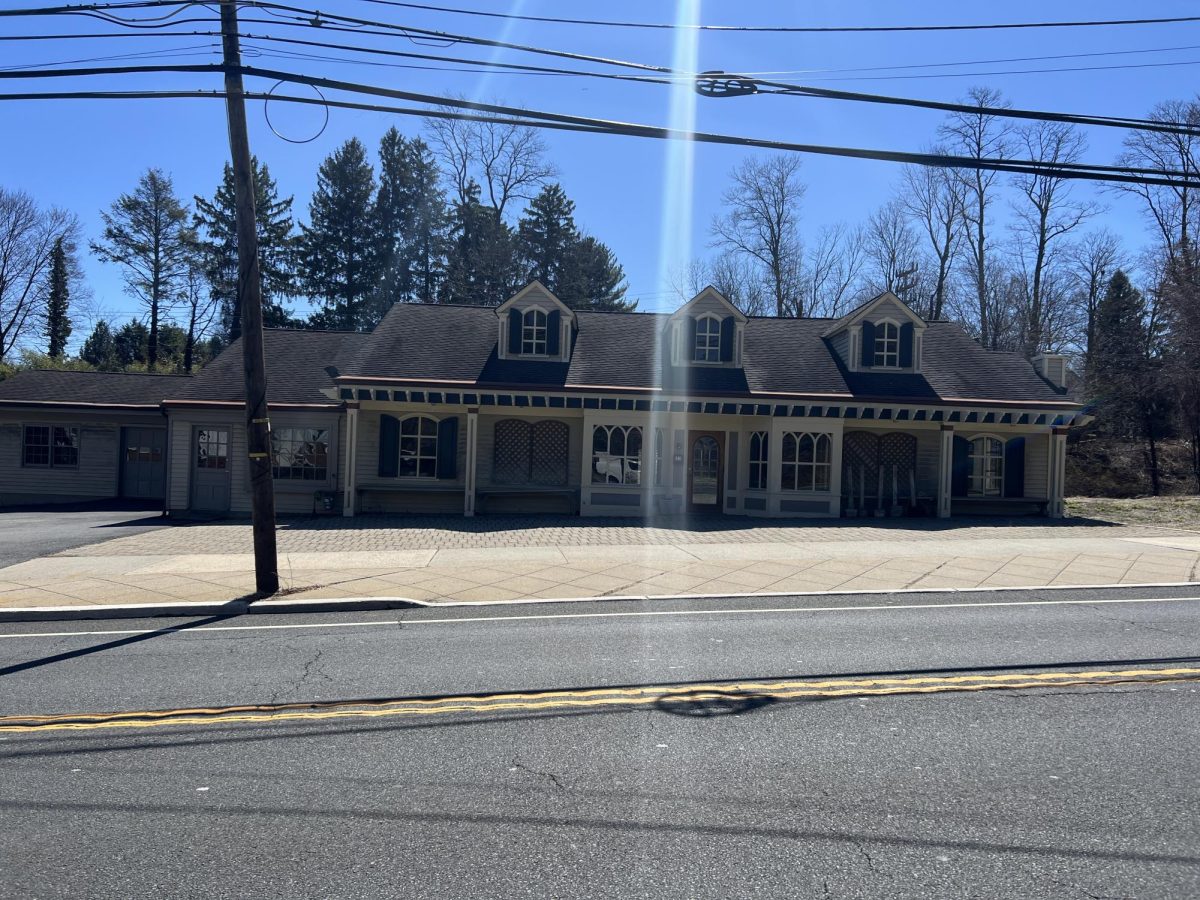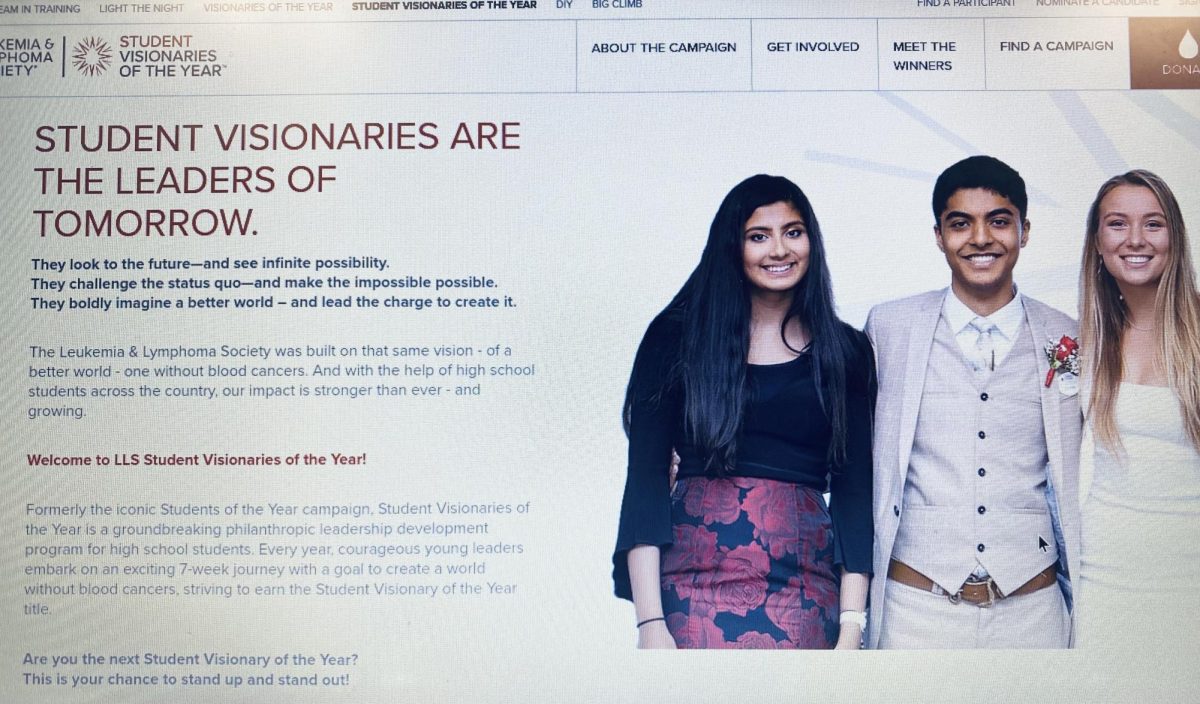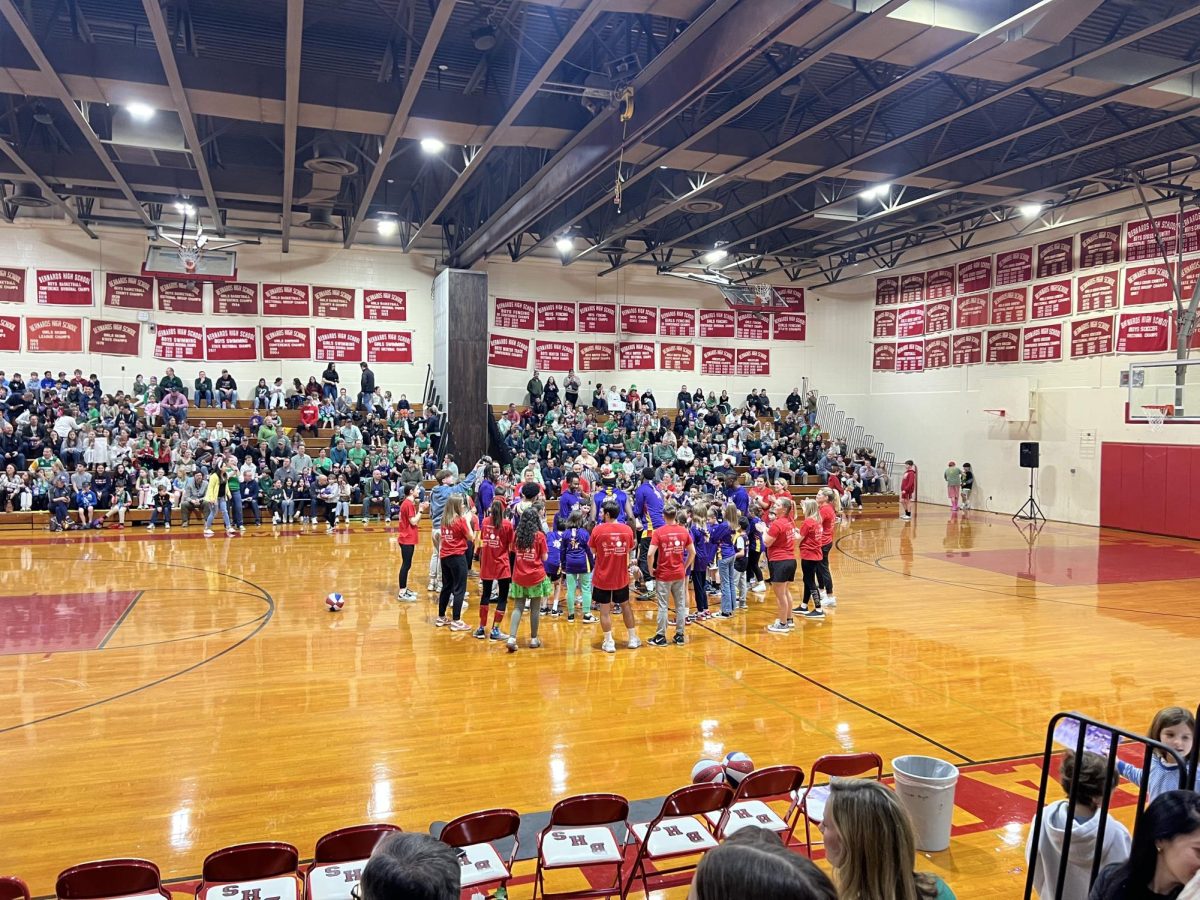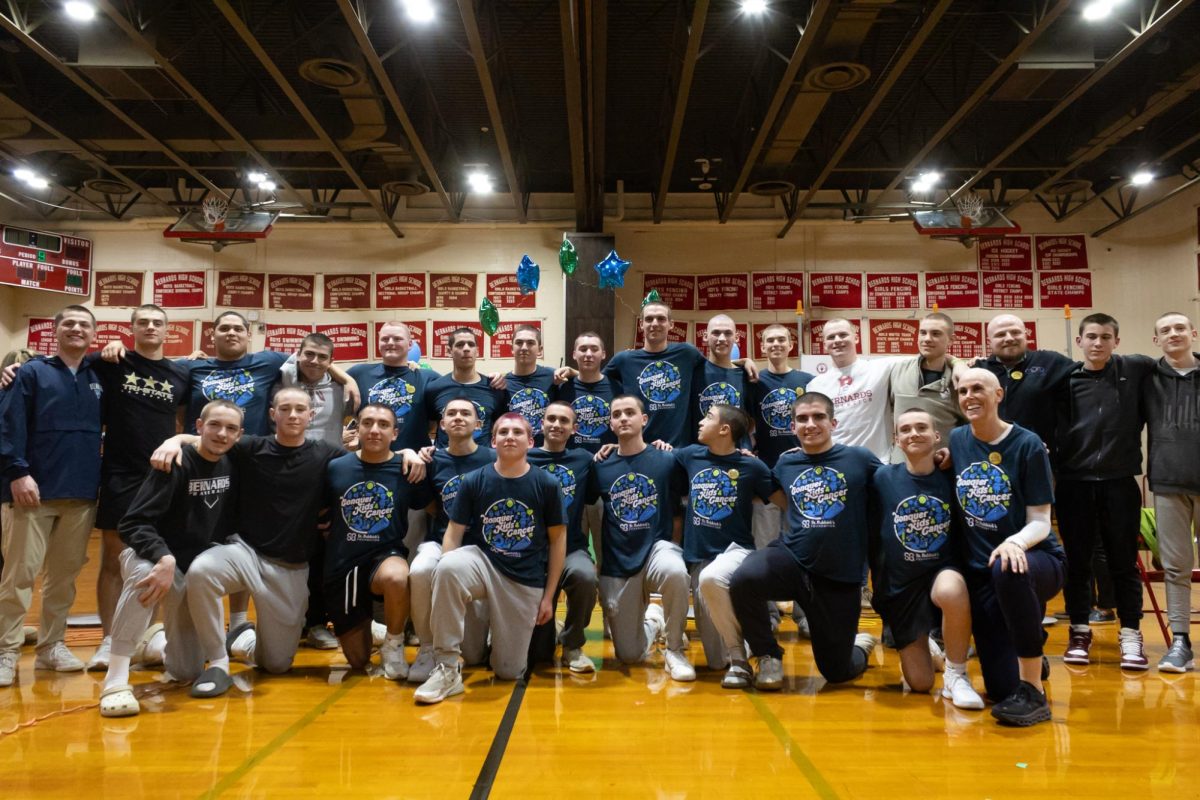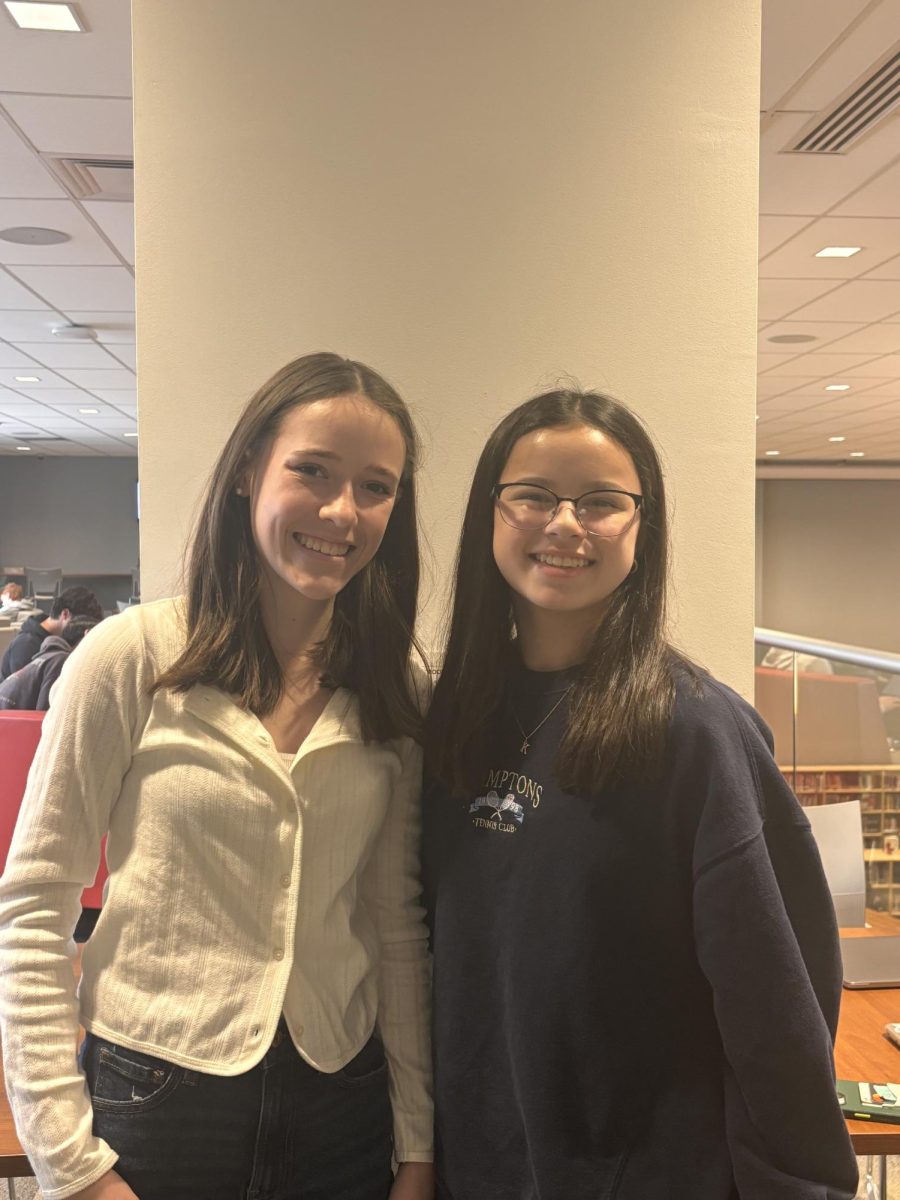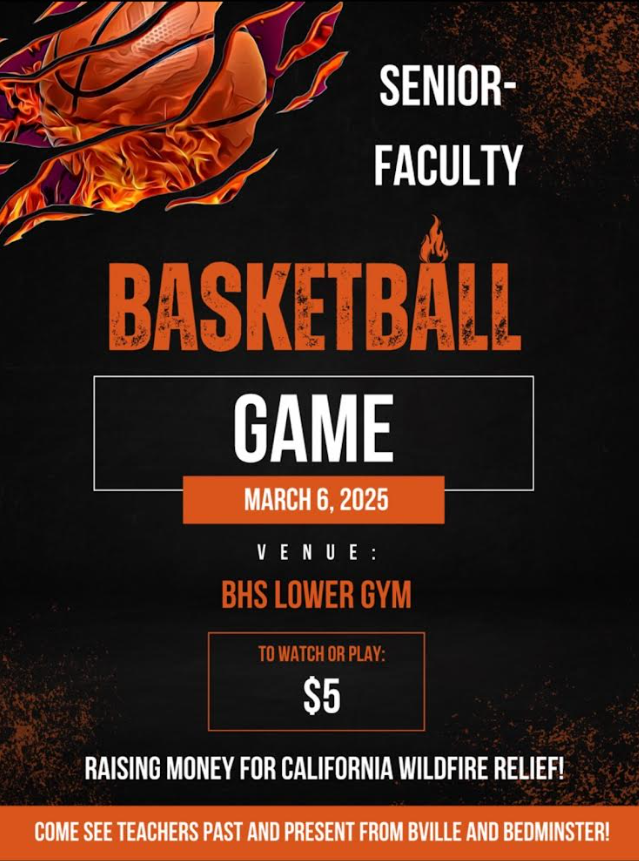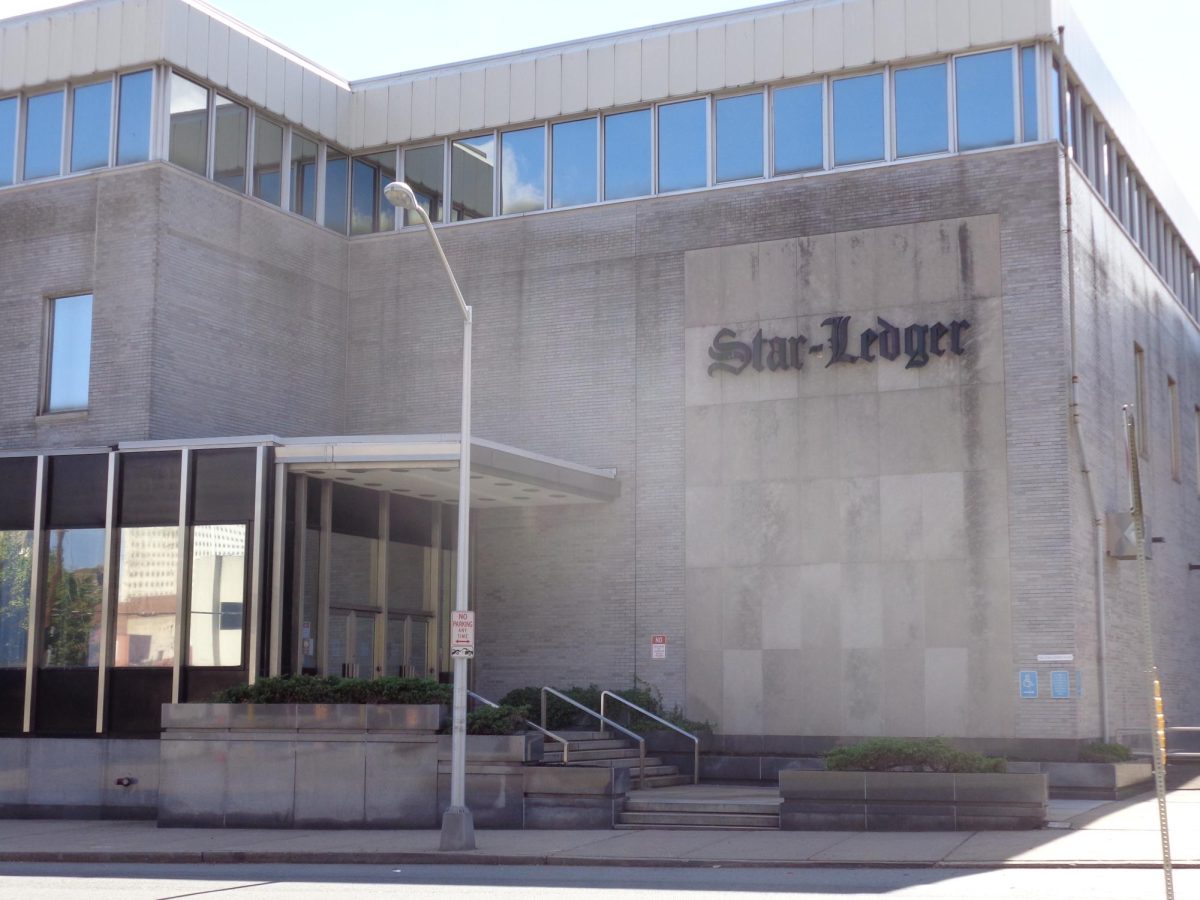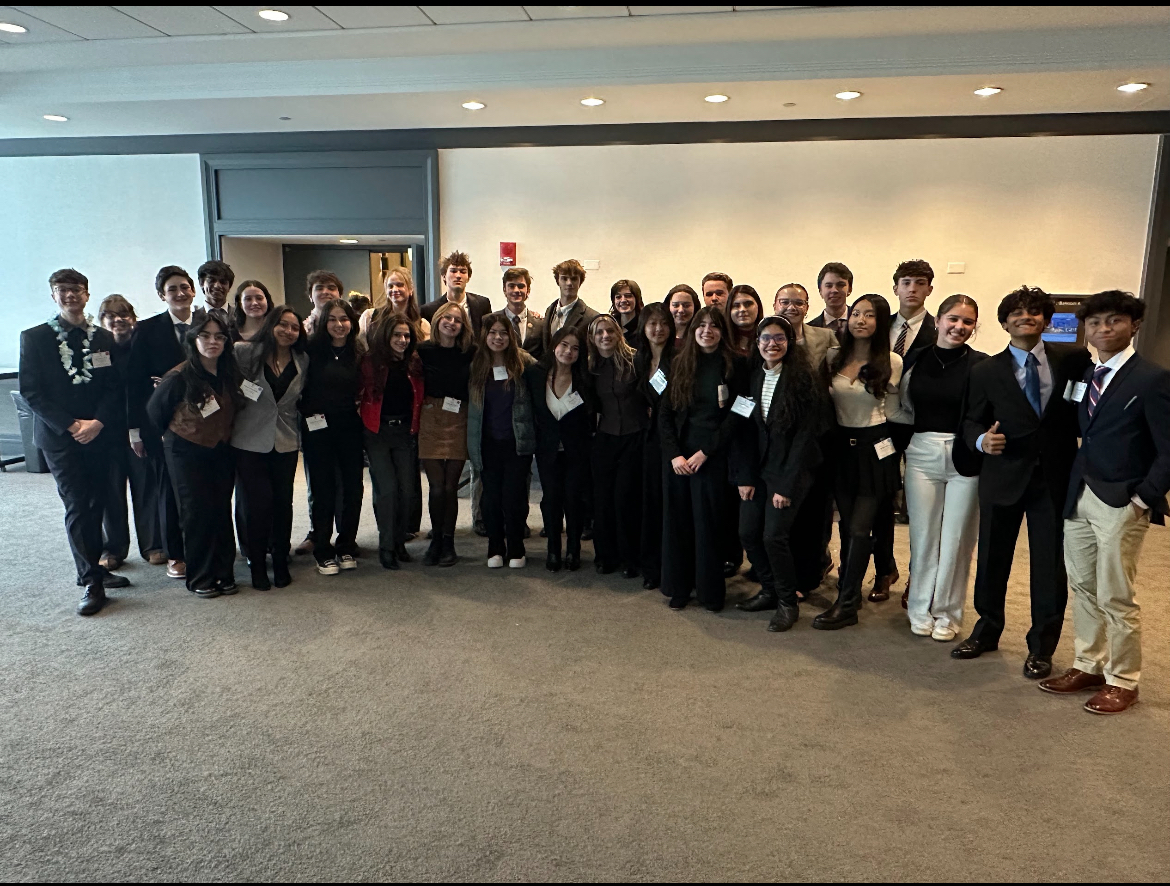COVID-19 is taking the world by its reins once more, with the number of covid cases spiking due to the highly contagious Omicron variant outbreak. The CDC has stated that “Testing is very important to help reduce the spread of COVID-19.” As a result, people all over the world are trying to stop the spread of Covid-19 by way of covid tests. Pertaining to BHS, students are trying to get tested to allow students and faculty members to properly quarantine and be contact-traced to prevent/reduce further exposure to others. Omicron is the fastest spreading variant so far, and without covid tests it will be even more difficult to trace who had covid, who may have been exposed, and who is safe. However, due to a shortage of tests, these efforts have been hindered. Bernard’s senior Keaton Haughan said “it’s very difficult to get tests. It’s a little bit of an issue for students because they can’t be certain if they have Covid, and would come into school either way, helping the spread.”
According to a survey of 43 BHS students, 77% of students said they had difficulty obtaining a COVID-19 test. In addition, due to the shortage of covid tests, testing sites are providing the option to pay extra (as high as $90, according to one student) to get a test more quickly within one day. For free, you have to wait up to five days. One student has been waiting up to a week to get his/her results because of laboratory backup from an inundation of tests. Kaley Welsh points out that “when someone has a symptom of COVID-19, they instantly have to get a test in order to go back to work or school. If someone doesn’t have access to a test, they still have to stay home until they can get tested, which adds to the time at home.”
The waiting period for results can also impede plans for both students and teachers looking to return to school in-person.
In addition, 71.4% of students said that they experienced delays in getting covid-19 tests. Sam Deutsch supports that “it is important to get test results back as soon as possible so that non positive people can go on with their lives sooner and not have to quarantine.”
Numerous companies, such as BinaxNOW, LUCIRA, AccessBio, Carestart, Abbot, have produced at home-tests. 80% of respondents stated that they have taken an at-home covid test at least once. Temporary pop-up testing sites also aid in the scheduling testing shortage. These sites include testing available at high schools, colleges, universities, fire houses, community centers, and senior centers.
Shortage of covid tests are concerning students at BHS, such as Aidan Kinsey, who thinks “that this is an unfortunate side effect of the supply chain issues currently in America, and hopefully as employment resurfaces the tests will come back into supply. Another concerned student, Addison Dunn believes “the less testing, the less safe a community gets.”
Students also believed that it was harder to obtain a pcr test, according to the majority of their responses, and following that, 32% believed it was equally hard to get both types of tests. 60% of students said they had delays or it has taken them a long time to get tested. As a result, students at BHS have resorted to these at home tests, though results may not be as accurate as PCR tests, because of convenience, easier to procure, and efficiency. Others are getting PCR, in-person tests for its reliability and accuracy. 50% of respondents also said they got a rapid test, 50% said they got a pcr test.



